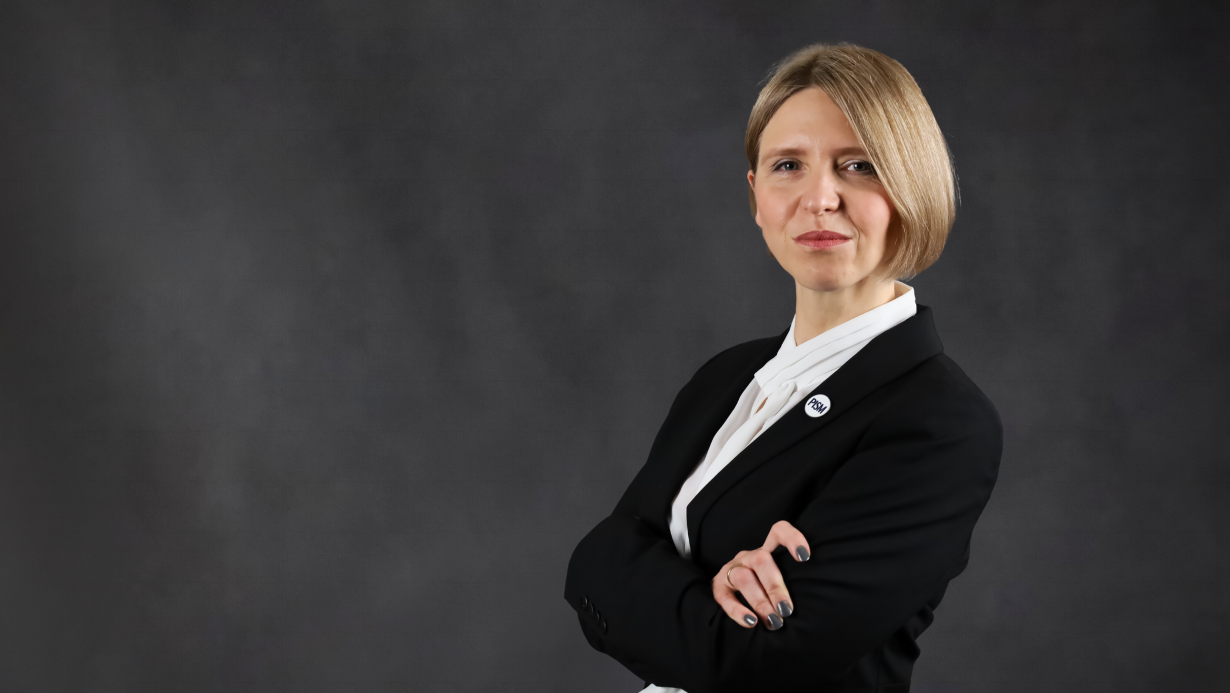Putin 's United Russia Party Named Winner of the Russian Parliamentary Elections
After three days of voting in parliamentary elections in Russia, the ruling United Russia was declared the winner on 19 September. The course of the campaigns, the manipulation of the voting, and a crackdown on opposition candidates testify to the intensification of authoritarian rule in Russia.
_sm.jpg) Photo: Evgenia Novozhenina/Reuters
Photo: Evgenia Novozhenina/Reuters
What were the official election results?
According to the official results, United Russia won with 49.82% of the vote (4 p.p. less than in 2016), but thanks to its victory in single-member constituencies (198 seats out of 223), it maintained a constitutional majority in the lower house of parliament. Of the “licensed” opposition parties, the Communist Party of the Russian Federation received 18.93% of the vote, the Liberal Democratic Party of Russia took 7.55%, Just Russia was just behind it with 7.46%, and, in its first election, the New People party tallied 5.32%. These were the first elections since 1993 without OSCE observers. The elections were a demonstration of the administrative, propaganda, and repression of the Putin system. Google, Apple, and Telegram came under pressure from the Russian authorities and revoked a mobile app, Smart Vote, that facilitated strategic voting for opponents of the ruling party. The Communists’ vote was better than in 2016, perhaps because of its campaign directly against United Russia.
What will be the consequences of the elections on domestic politics?
United Russia’s manipulated victory will further aggravate the populace under authoritarian rule in Russia and lead to further economic stagnation. The wide-ranging campaign against the opposition, including the detention of Alexei Navalny in a prison camp, discouraged Russians from demonstrating and actively supporting the opposition—according to the Levada Center, the potential probability of protests fell from 45% in January to 27% in August this year.
Most of the opposition activists associated with Navalny were forced to leave Russia and the Russian Ministry of Justice expanded its list of “foreign agents” to include independent media such as TV Rain and Meduza. The falling real incomes of Russians has meant that most require subsistence from the authorities, which may have influenced a growing nostalgia for Soviet times (49%) and its planned economy (62%), which may partly explain the Communists’ improved results.
How will the elections affect Russia’s foreign policy?
With Minister of Foreign Affairs Sergei Lavrov and Minister of Defence Sergei Shoygu standing on the United Russia party list, the results are meant to legitimise Russia’s anti-Western policy. The country will strengthen its resolve against the West, demonstrated in part by the voting for the first time in the Russia-controlled parts of Ukraine’s Donetsk and Luhansk oblasts. At the same time, the U.S. ambassador was called for consultations with the Russian Ministry of Foreign Affairs about accusations of U.S. interference in Russia’s internal affairs, part of the consolidation of the system portraying itself as a “besieged fortress”. It should be expected that Russia will maintain its policy of aggression, escalate tensions with Ukraine while blocking the Minsk Process, and, together with Belarus, continue to conduct hybrid activities on the EU border, including the one with Poland.
What is the international community’s reaction to the elections and results?
There are calls for international condemnation for Russia organising voting to the Duma in occupied Crimea and Donbas, and for sanctions on those responsible for violating Ukrainian territorial integrity, as well as demands that Western countries not recognise the election results. These recommendations appeared, among others, in the European Parliament resolution of 16 September, which stressed that the EU should tighten conditionality in the dialogue with Russia, including the demand of the protection of human rights, freedom of media, and the holding of free and fair elections. This is intended as a clear signal of European unity given the perspective of the Russian presidential elections in 2024. Moreover, the Council of Europe may freeze the participation of Russian representatives in the CoE’s Parliamentary Assembly.
How will these elections affect the 2024 presidential election?
This year’s elections to the Duma lay the groundwork for the presidential election in 2024, which is key for the Putin regime. An amendment to the constitution in 2020 gave Vladimir Putin the opportunity to run for another two terms (until 2036). The authorities do not want a repeat of the unrest in Belarus in August last year when mass demonstrations erupted after the rigged presidential elections, weakening the legitimacy of Alexander Lukashenka. The Putin regime constantly tests and improves its instruments of controlling elections. Among the tools are extended voting over several days, administrative exclusions of voters known to oppose the authorities (about 9 million people) and the mobilisation of voters dependent on state budgets by forcing them to vote (and for the ruling party). Given the election in 2024, the authorities will expand the use of online voting—which Putin supposedly used this year—but which in this system only will increase the possibility of manipulation.


